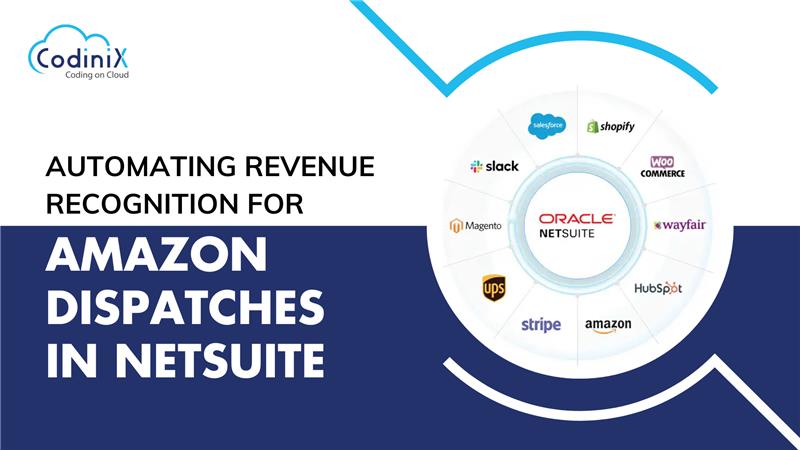Client Overview
A New Zealand-based company operating in a service-oriented sector had been using QuickBooks for its accounting and financial tracking. Simultaneously, the organization used Zoho CRM to manage customer relationships. Over time, the need for better system alignment and data consistency became increasingly apparent. Operating two separate systems for related business processes created inefficiencies, delayed reporting, and increased the likelihood of manual errors.
The client decided to migrate from QuickBooks to Zoho Books to unify their CRM and accounting functions within a single ecosystem. The aim was to improve data accuracy, streamline processes, and simplify team collaboration across departments.
Objective
The primary goal was to fully migrate the client’s financial records—including customer details, vendor data, item inventories, bills, and invoices—from QuickBooks to Zoho Books. The client also wanted both platforms (Zoho CRM and Zoho Books) to be integrated for real-time data synchronization and easier access to financial and customer information.
Challenges
During the planning phase, several key challenges were identified:
- Data Compatibility: Fields and formats between QuickBooks and Zoho Books varied, requiring thoughtful mapping and validation to avoid loss or misalignment of information during the transfer.
- Manual Dependency: The existing processes relied on a significant amount of manual data entry and reconciliation, which was time-consuming and often error-prone.
- Process Continuity: A major concern was how to ensure business continuity and avoid disruptions to ongoing operations during the data migration and system changeover.
- Platform Familiarity: Since some staff had limited experience with Zoho Books, user onboarding and training were also important considerations.
Solution
To address these needs, the company worked with a technical team experienced in Zoho Finance Suite Integration. The project followed a structured and phased approach:
- Initial Assessment: The team analyzed existing QuickBooks data to identify what needed to be migrated. This included customers, vendors, products and services, transaction history, and current financial balances.
- Data Mapping: Corresponding fields between QuickBooks and Zoho Books were mapped. Special attention was paid to naming conventions, tax configurations, and the structure of bills and invoices.
- API-Based Migration: Using QuickBooks APIs, customer, item, and vendor data were extracted and imported into Zoho Books. Invoices and bills were then recreated in Zoho Books, linked to their respective accounts.
- Integration with Zoho CRM: The new setup was integrated with Zoho CRM to allow seamless information flow between the CRM and accounting systems. This ensured that customer details were automatically updated across both platforms.
- Automation Setup: Automation was implemented where possible to reduce repetitive tasks. This included invoice generation, email reminders for payments, and tracking of recurring transactions.
- Testing and Validation: After migration, the system was thoroughly tested for accuracy. Historical records and transactional data were validated against original entries in QuickBooks.
- Training and Rollout: Staff were introduced to Zoho Books through guided walkthroughs and documentation. The team was also available for questions and troubleshooting during the initial transition phase.
Results and Benefits
Following the integration, the client observed several improvements in their day-to-day financial operations:
- Data Consolidation: With both CRM and accounting under the same platform, the team now works with a single source of financial and customer information, reducing the need for duplicate entries and reconciliations.
- Reduced Errors: Automation and system integration helped reduce manual handling of records, which previously led to small but impactful errors in accounting and invoicing.
- Time Savings: With predefined workflows and real-time synchronization, tasks such as invoice creation and vendor management became significantly faster and more consistent.
- Improved Reporting: Financial insights are now more accessible and easier to generate, helping the management team make faster, data-informed decisions.
- Scalable Infrastructure: The company is now better positioned to scale operations without the need for future major system overhauls, as Zoho’s ecosystem can accommodate growing financial and business needs.
Conclusion
The transition from QuickBooks to Zoho Books allowed the client to consolidate key business functions under a single platform. By leveraging Zoho Finance Suite Integration, the client improved internal workflows, reduced time spent on manual processes, and increased the accuracy of their financial tracking.
While the migration presented initial challenges, a methodical approach and careful planning ensured minimal disruption. The integration of Zoho CRM and Zoho Books now supports a more efficient, centralized, and scalable system for managing customer relationships and financial data.
This case reflects the broader trend among growing companies to unify their operational tools for better coordination, data accuracy, and long-term sustainability.






Leave Your Thoughts!!